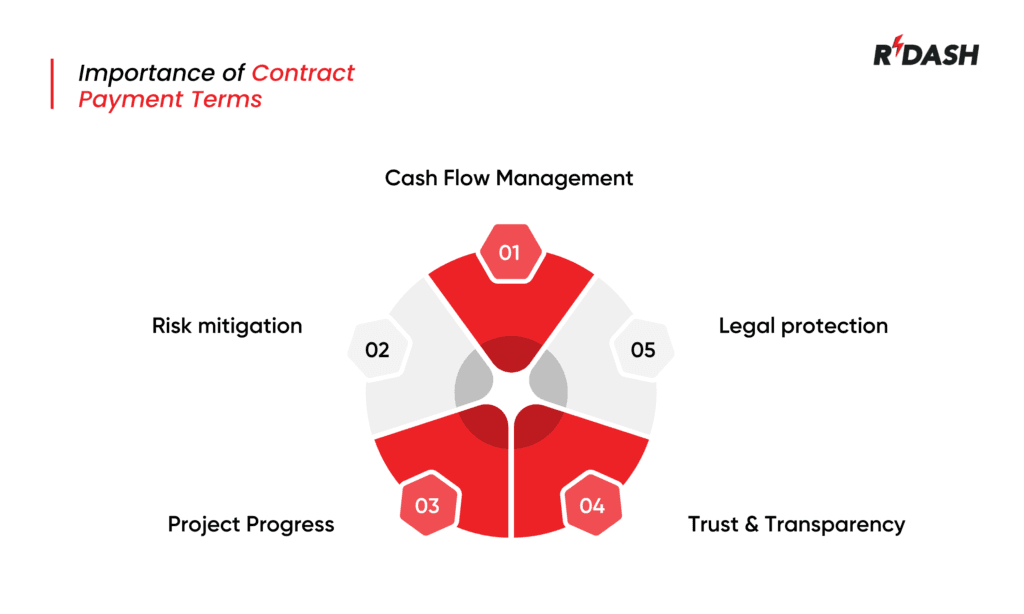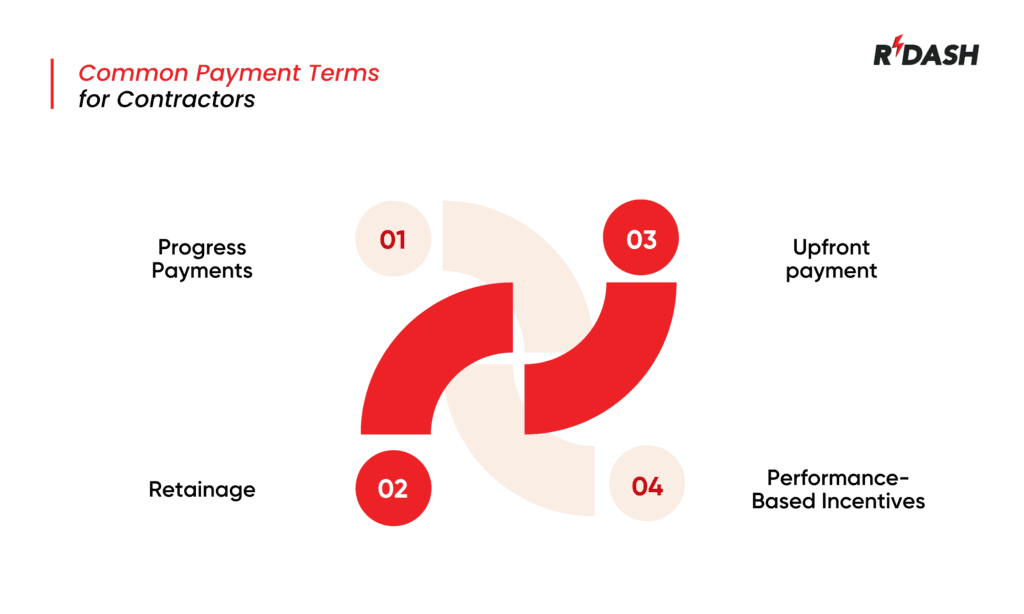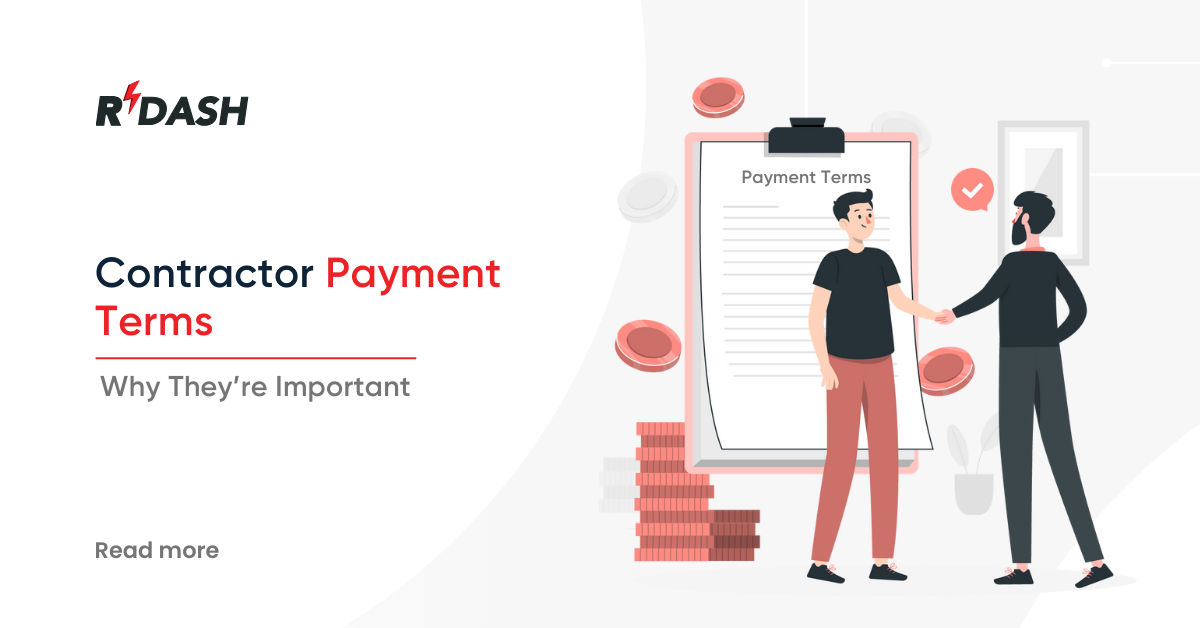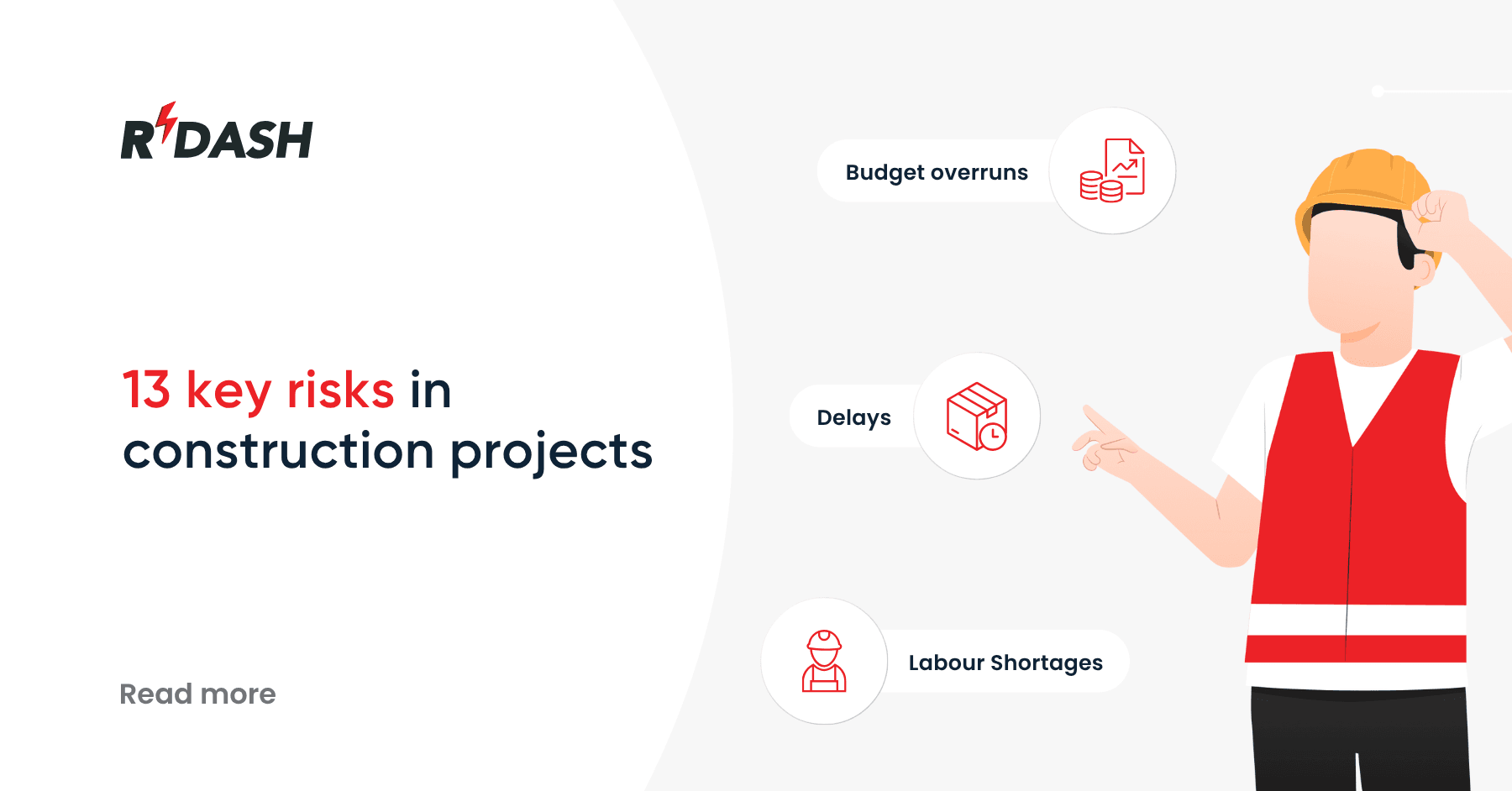In any business agreement, especially in construction, payment terms are a critical component of the contract. Contract payment terms outline how, when, and under what conditions payments will be made between parties involved in a project. These terms provide clarity on the financial expectations and responsibilities, ensuring that both the contractor and client are aligned throughout the duration of the work. Payment terms can vary significantly depending on the scope and complexity of the project, but their primary purpose is to establish a structured timeline for financial transactions.
The payment terms in a contract usually include specifics like milestones for partial payments, due dates, penalties for late payments, and any contingencies related to payment. In this way, by clearly defining these terms, both parties can mitigate financial risks and reduce the chances of disputes over compensation. These terms become a form of contractual agreement where contractors will be paid for their services justly and in good time while being held liable for the work to be done in satisfaction with the agreed terms and timeline.
Importance of contract payment terms
More than just a logistical detail, contract payment terms are essential for the success of any construction project. Here’s why they are important:

Cash Flow Management: They would have a smooth flow of cash for them to be able to pay for labor, materials, and equipment.
Risk mitigation: articulated terms protect both parties by making known to them the circumstances for the payment being made. It eliminates the risk of disagreements or further delay resulting from false agreement of expectations.
Project Progress: Payment schedules, bound with specific milestones, motivate the contractor to deliver work efficiently, completing within a set period; the project stays on course.
Trust and Transparency: Well-crafted payment terms promote trust between contractors and clients because of the explicit guidance of financial transactions.
Legal protection: Individual payment terms will protect one party in case of a dispute, as there will be something to find common ground based on.
Who determines contractor payment terms?
Normally, a client and a contractor agree on the contract terms regarding the payment for the contractor at the bargaining phase of the contract. So, the two parties must discuss and finalize their terms of agreement so that they would cater to the needs of the project.
Industry standards or legal requirements can also determine some of such terms, especially for governmental or large-scale projects.
Usually, clients, which are owners of a particular project, make proposals based on their policies concerning the budget or the milestone of their projects. The contractors can therefore propose terms that will sustain the cash flow and thus protect the financial interests of the service provider. This kind of negotiation brings about problems being solved and arriving at agreements that favor both parties.
In some cases, contractors rely on generally accepted payment terms in industry contracts standardized by professional organizations or regulatory bodies. Such terms aim to be fair and transparent and easily enforceable for smooth financial transactions along the project lifecycle.
Why include payment terms in construction contracts?
Involving payment terms in construction contracts ensures that the client and the contractor would have a good financial relationship. Payment terms determine when and how contractors would be paid for their work, thereby clearly defining and structuring it for parties involved. Where such significant amounts of money are at play and projects last for months or even years, good documentation of payment terms decreases the risks of disputes, cash flow security, and accountability.
Construction projects are inherently sequential, with changes that can prove unanticipated and an increased risk of delays. This means that payment conditions will reduce financial uncertainty by establishing the terms of payment, either through milestones, progress, or completion of specific deliverables. This will ensure contractors are given a fair deal and compensated on time based on the quality as well as the progress of their work.
Problems with payment terms in a contract
Contract payment terms, though significant, can be troublesome if they are not designed properly or if their provisions are not followed. Terms can lead to misunderstanding and delay or cause a fight over what is actually done, especially when terms are ambiguous. For instance, language related to the milestones or deliverables is vague, giving ample scope for interpretation, which might interfere with the smooth flow of workflow and relations between parties.
Another common issue is that the cash flow situation of the contractor does not make sense to their payment schedule. Late payment may create a situation when the contractor cannot pay labor, material, and equipment to continue further work. Also, such contracts may have disadvantageous retention amounts or payment durations that hamper cash flows.
This also complicates the enforcement of payment terms if one party fails to fulfill their obligations. Proper recourse mechanisms are lacking, and contractors end up pursuing outstanding payments, which sidelines them from the execution of the projects.
Key points to consider for contractor payment terms
To avoid problems arising, contractor payment terms need to take into account the following on the draft:
Clarity and Precision: Terms should be explicitly clear to avoid misinterpretation. Specific dates, amounts, and conditions under which payment is made should be clearly outlined.
Milestone-Based Payments: Payment would thus be aligned with clear milestones of the project with this motive to ensure timely work and smooth financial management.
Flexibility for Unforeseen Circumstances: Construction projects are very susceptible to unforeseen changes; therefore, contracts should have terms including payment schedule adjustments in unforeseen circumstances agreed upon amicably.
Fair Dispute Resolution Mechanisms
Effective and fair mechanisms should be in place to settle disputes over payment in a fair manner. This will be through speedy mediation processes put before legal proceedings.
Common Payment Terms for Contractors
Contractor payment terms can really vary because most of the projects differ in size, duration and parties. However, common ones include:

Progress Payments: Payments are periodically made, say monthly or quarterly, as work proceeds, based on completed stages of the project.
Retainage: A percentage of the payment or 5 to 10 percent is withheld from the payment to ensure satisfactory completion of all aspects of the job.
Upfront payment: A certain percentage of the total amount of the contract can be payable upfront to cover initial materials and start-up costs.
Performance-Based Incentives: Reward above the baseline for better-than-projected outcomes or for achieving project standards or meeting deadlines.
Conclusion
Including clearly defined terms of payment within the construction contracts can be very vital to having a financially sound foundation in a project. It helps one clearly know what payment is expected and, hence, keeps disputes at bay while developing a more amicable relationship during work. Given that each construction project varies from the other, designing payment terms with regard to the need and risk factors related to a project will better ensure successful completion of such a project.






